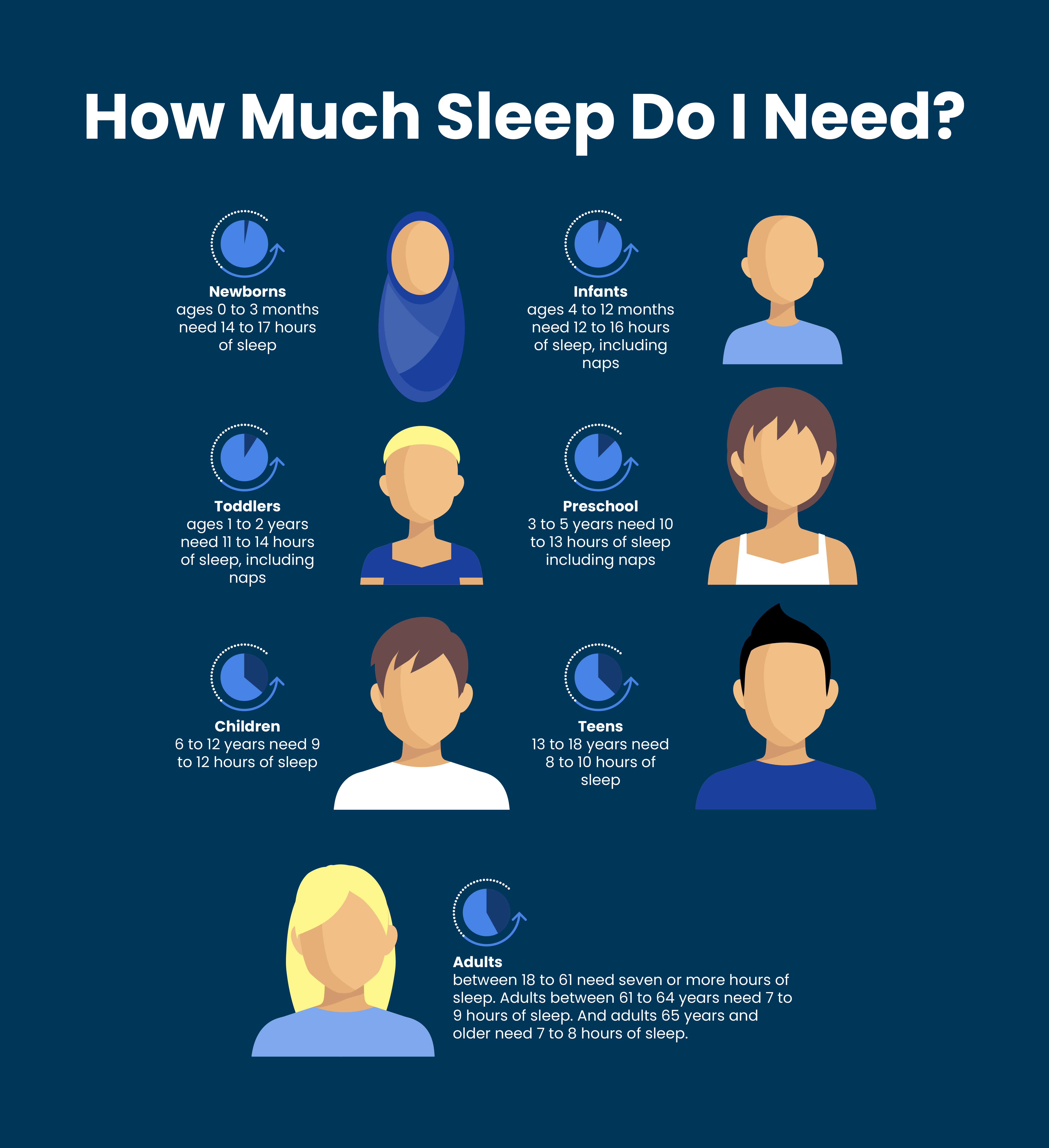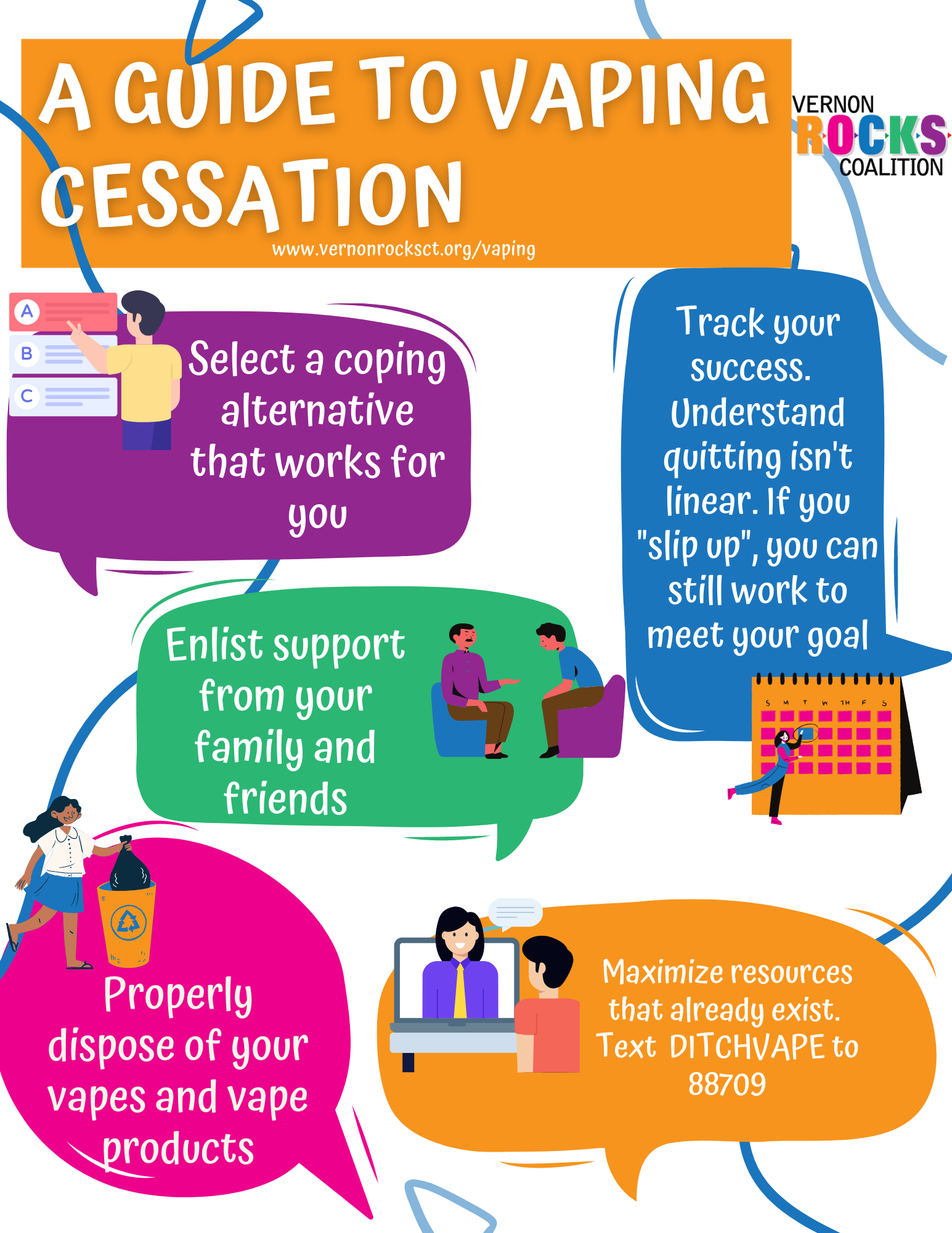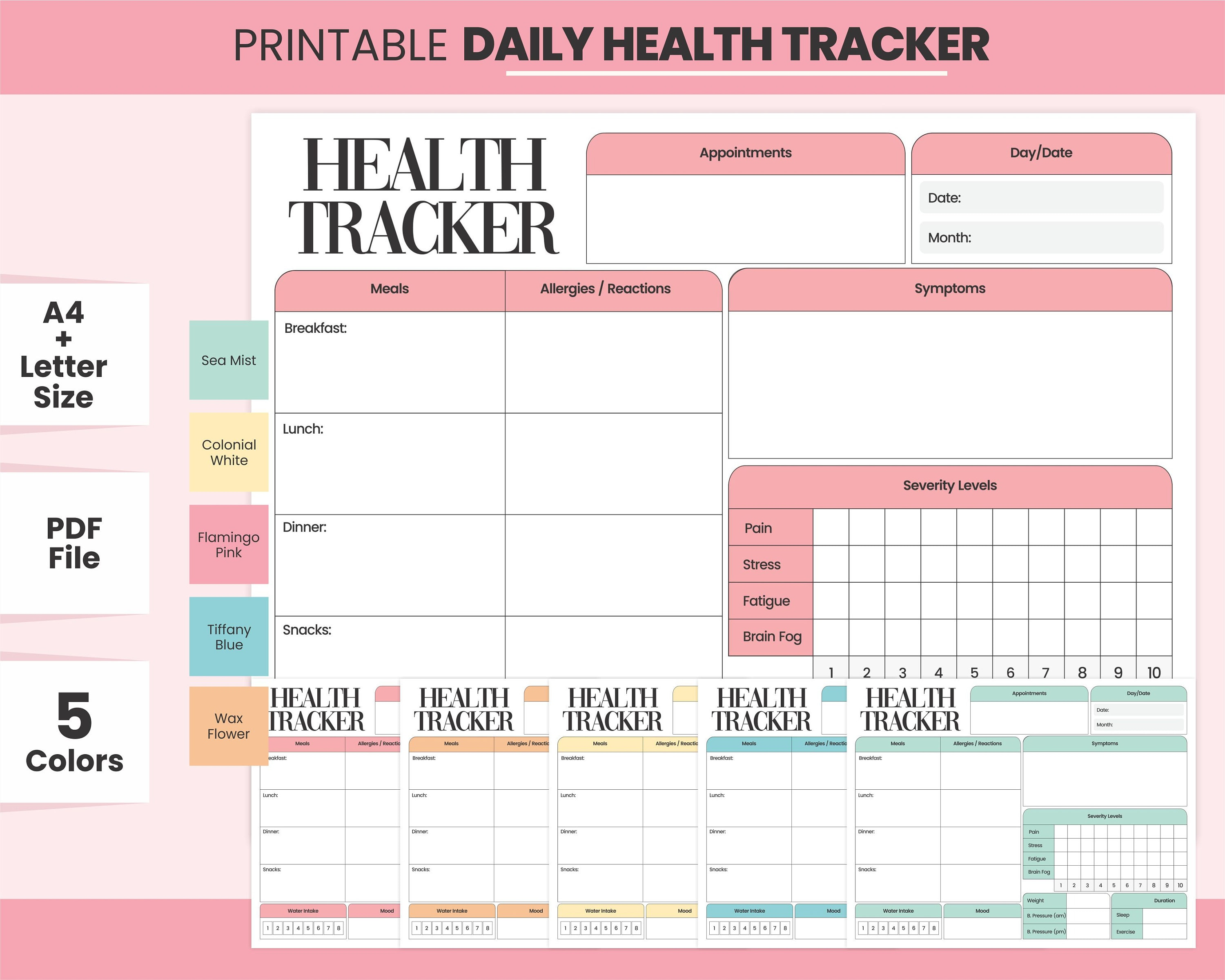
How Much Sleep Do You Need? Discover Expert Insights
How much sleep do you need? This fundamental question is vital for understanding your individual sleep requirements and how they impact your overall health and well-being. Studies suggest that optimal sleep not only enhances cognitive functions but also plays a crucial role in physical health, making good rest a key factor in managing stress and preventing sleep disorders. Many people are unaware of the direct benefits of sleep; without adequate rest, you may struggle with issues like insomnia, fatigue, and other health complications. If you’re consistently waking up feeling unrefreshed, it might be time to explore sleep health tips or consult with a professional for effective insomnia solutions.
Understanding your sleep needs is essential for maintaining good health and enhancing daily performance. The right amount of rest can differ significantly from person to person, which is why sleep requirements are often a topic of much debate. Factors such as lifestyle, age, and existing health conditions can all influence how much sleep one truly requires. By recognizing the signs of sleep deprivation and learning about techniques to improve sleep quality, you can work towards a better night’s rest. This journey to restful slumber often involves a combination of sleep health tips and understanding the underlying factors that contribute to effective sleep, ensuring that both quality and quantity of rest are prioritized.
Understanding Sleep Requirements: How Much Sleep Do You Need?
Sleep requirements can vary widely among individuals, influenced by factors such as age, lifestyle, and overall health. The general recommendation for adults is between 7 to 9 hours per night, but some may feel refreshed after just 6 hours, while others might need up to 10 hours for optimal functioning. One way to gauge your sleep needs is by observing your sleep patterns without an alarm clock for a few days. This method can help you identify how much sleep your body naturally craves when it is not forced awake.
It’s essential to listen to your body and recognize signs of sleep deprivation, such as feeling tired during the day or struggling to stay alert. If you consistently find yourself requiring more sleep than usual or feel unrested after a full night’s sleep, it may be indicative of an underlying sleep disorder. Consulting with a sleep specialist can provide insight into potential issues like sleep apnea or insomnia, helping you address these concerns and improve your sleep health.
The Benefits of Good Sleep for Overall Health
Getting adequate sleep is crucial for maintaining both physical and mental health. During sleep, your body undergoes various restorative processes, including muscle repair, memory consolidation, and the regulation of hormones related to stress and appetite. Insufficient sleep has been linked to numerous health issues, including obesity, diabetes, cardiovascular diseases, and weakened immune function. Therefore, prioritizing quality sleep can significantly enhance your overall life quality and longevity.
Furthermore, good sleep supports mental health by improving emotional regulation and cognitive function. Individuals who maintain a consistent sleep schedule report increased productivity, better focus, and an enhanced ability to manage stress. Making adjustments to your sleep environment, such as reducing noise or light and establishing a peaceful bedtime routine, can maximize the benefits of sleep, contributing to improved sleep hygiene and overall well-being.
Effective Sleep Health Tips for a Restful Night
To attain restful sleep, cultivating healthy sleep habits is imperative. Create a sleep-conducive environment by ensuring your bedroom is dark, cool, and quiet. Establishing a consistent sleep schedule—going to bed and waking up at the same time every day—can help regulate your body’s internal clock, making it easier to fall asleep and wake up feeling refreshed. Avoid stimulating activities, such as screen time or vigorous exercise, close to bedtime.
Another crucial sleep health tip is to pay attention to your diet, especially in the hours leading up to bedtime. Steering clear of caffeine and heavy meals in the evening can promote better sleep quality. Additionally, engaging in calming pre-sleep activities, such as reading a book or practicing mindfulness, can signal to your body that it’s time to wind down. By integrating these tips into your routine, you can foster a more restorative sleep environment.
Common Sleep Disorders and Their Impact
Understanding sleep disorders is vital, as they can severely impact the quality of life. Conditions such as insomnia, sleep apnea, and restless legs syndrome can disrupt sleep patterns and contribute to daytime fatigue, mood disturbances, and other health complications. Insomnia, characterized by difficulty falling asleep or staying asleep, can stem from stress, anxiety, or underlying medical issues, leading individuals to seek effective solutions for relief.
Sleep apnea, on the other hand, involves pauses in breathing during sleep, resulting in frequent awakenings and fragmented sleep quality. This condition can lead to serious health risks if left untreated, including cardiovascular problems. A thorough evaluation by a healthcare professional is essential for diagnosing these conditions. They may recommend lifestyle changes, cognitive behavioral therapy (CBT), or medical treatments to help improve sleep health.
Finding Insomnia Solutions: Strategies to Overcome Sleeplessness
If you’re struggling with insomnia, several strategies can help you combat sleeplessness and reclaim restful nights. Cognitive behavioral therapy for insomnia (CBT-I) is highly effective, teaching individuals how to change negative thought patterns and behaviors surrounding sleep. This evidence-based approach equips you with skills to limit bedtime anxiety and relaxed pre-sleep routines, facilitating a smoother transition into sleep.
In addition to therapy, implementing mindfulness practices, such as meditation and deep breathing exercises, can alleviate stress and anxiety, which are common barriers to sleep. Additionally, keeping a sleep diary can help you identify patterns and triggers, making it easier to adjust your habits and improve your sleep quality. Remember that patience is key; finding the right insomnia solution may take time, but with persistence, better sleep is attainable.
Sleep Health: The Importance of a Consistent Sleep Schedule
Maintaining a consistent sleep schedule is one of the most effective strategies for optimizing sleep health. Our bodies function based on circadian rhythms, which are essentially natural, internal processes that follow a daily cycle. Disrupting this rhythm by varying your bedtime or fluctuating wake-up times can lead to difficulties in falling asleep and waking up. Adhering to a regular sleep schedule reinforces these rhythms, enabling better sleep quality and overall health.
Additionally, consistency helps to establish a reliable routine that signals your body when it’s time to wind down. This can include habits such as dimming lights or practicing relaxation exercises to prepare for sleep. By making a commitment to your sleep schedule, you’re prioritizing your health and maximizing the benefits of a well-rested mind and body.
Preparing Your Sleep Environment for Better Rest
The environment in which you sleep plays a crucial role in the quality of your rest. Factors such as temperature, noise, and light can significantly affect how quickly you fall asleep and how deep your sleep is. Ideally, your bedroom should be kept cool, dark, and quiet—creating a sanctuary conducive to sleep. Using blackout curtains, white noise machines, or earplugs can help eliminate disruptions that might otherwise interfere with restful sleep.
Furthermore, consider the comfort of your mattress and pillows, as these can influence your sleep posture and overall comfort. Investing in quality sleep products that suit your personal preferences can greatly enhance your sleeping experience. By making your sleep environment as inviting and comfortable as possible, you can establish a more tranquil setting that facilitates better rest and recovery.
The Role of Nutrition in Sleep Quality
What we eat can greatly influence our sleep quality. Nutritional choices, especially close to bedtime, can either promote restful sleep or lead to disturbances. Foods rich in carbohydrates, for instance, can trigger the release of serotonin, a neurotransmitter that induces drowsiness. Conversely, heavy meals, caffeine, and alcohol can disrupt sleep patterns. Finding the right balance in your evening diet can enhance your sleep experience, ensuring better rest.
Additionally, incorporating foods high in magnesium, such as nuts and leafy greens, as well as those rich in tryptophan, like turkey and dairy, might support sleep. Focus on creating a balanced diet throughout your day, as what you consume can significantly impact your overall health, including how well you sleep. A small, light snack before bed may also help, provided it’s not too heavy, to set the stage for a more peaceful night.
Navigating Sleep Solutions: Supplements and Alternatives
Exploring sleep solutions often leads individuals to consider various supplements, including melatonin. However, it’s important to approach these with caution, as the efficacy and safety of supplements are not always guaranteed. Melatonin, a hormone that regulates sleep-wake cycles, can be effective for some, particularly those dealing with jet lag or shift work. However, it’s crucial to consult with a healthcare professional before beginning any supplementation, to ensure safety and proper usage.
In addition to supplements, lifestyle adjustments can also yield substantial results. Engaging in calming activities before bed, such as light reading or gentle yoga, can reduce anxiety and signal to your body that it’s time to sleep. Utilizing relaxation techniques, like guided imagery or progressive muscle relaxation, can enhance your sleep readiness. By combining these strategies with a holistic approach, individuals can find effective sleep solutions tailored to their unique needs.
Frequently Asked Questions
How much sleep do you need for optimal health?
The amount of sleep you need varies by individual, but most adults require between 7 to 9 hours per night for optimal health. Pay attention to your body’s signals and consider how much sleep you need when left undisturbed by alarms.
What are the sleep requirements for children and teenagers?
Children and teenagers generally require more sleep than adults. For example, school-aged children need about 9 to 11 hours, while teenagers benefit from 8 to 10 hours of sleep per night to support growth and development.
What are some benefits of sleep for overall well-being?
Getting sufficient sleep improves cognitive function, boosts immune health, enhances mood, and supports overall physical health. Understanding how much sleep you need is crucial for reaping these benefits.
How can sleep health tips help you sleep better?
Incorporating sleep health tips, such as maintaining a consistent sleep schedule, creating a relaxing bedtime routine, and limiting caffeine intake, can help you meet your sleep requirements and improve sleep quality.
What should you do if you suspect a sleep disorder affecting how much sleep you need?
If you consistently wake up feeling unrested or experience symptoms of a sleep disorder, such as insomnia or sleep apnea, it’s important to consult a sleep specialist who can help determine how much sleep you need and suggest effective treatment options.
What solutions can help with insomnia and improve sleep requirements?
For insomnia, cognitive behavioral therapy (CBT) has proven effective. Additionally, establishing a relaxing pre-sleep routine, as well as practicing good sleep hygiene, can help you meet your sleep needs.
How does age affect how much sleep do you need?
As you age, your sleep needs may change. Older adults often find they need slightly less sleep than younger adults, but maintaining good sleep health is still important, typically aiming for 7 to 8 hours.
Can naps help fulfill sleep requirements during the day?
Yes, short naps can help alleviate sleep deficits, especially for those who may not get enough nighttime sleep due to work schedules or sleep disorders. However, it’s recommended to keep naps brief to avoid interfering with nighttime sleep.
What role does melatonin play in determining how much sleep you need?
Melatonin is a hormone that regulates sleep-wake cycles. While melatonin supplements can assist with falling asleep, they shouldn’t be relied upon long-term; understanding your natural sleep needs is key.
What strategies can improve sleep quality for those needing more rest?
To improve sleep quality, establish a consistent bedtime, create a comfortable sleep environment, avoid stimulants before bed, and engage in calming activities prior to sleep. These strategies can help ensure you get the amount of rest you require.
| Key Points |
|---|
| The amount of sleep varies by individual. A good measure is how much sleep you get without an alarm. |
| Waking up not feeling rested after several nights of sleep may require a consultation with a sleep doctor to rule out conditions like sleep apnea. |
| Napping can be beneficial, especially for night shift workers. |
| Avoid stimulants like caffeine and engaging activities before bedtime to enhance sleep quality. |
| Melatonin should be taken with caution, and pharmaceutical-grade supplements are recommended. |
| Long-term solutions for insomnia include cognitive behavioral therapy rather than reliance on sleeping pills. |
Summary
How much sleep do you need is highly individual and can be determined by observing your natural sleep patterns without interruptions. Understanding your body’s unique sleep needs is crucial for overall health and wellness. If you’re struggling to feel rested despite ample sleep, it might indicate an underlying issue requiring professional guidance. Implementing calming bedtime routines, avoiding stimulants, and considering cognitive behavioral therapy can enhance your sleep quality. Always consult with a healthcare professional before trying sleep aids to ensure safety and effectiveness.


